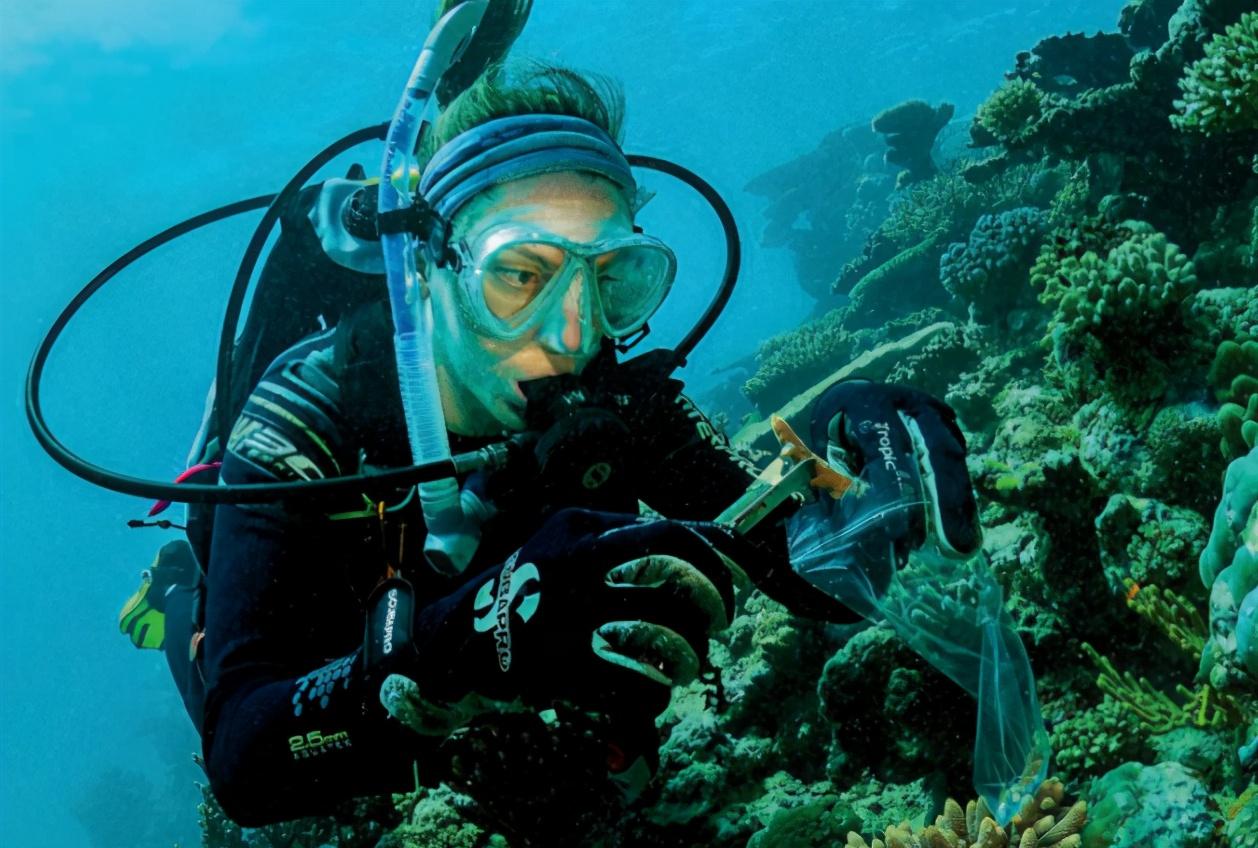In the context of the global pandemic, another catastrophe unfolded on the ocean floor off the coast of Australia earlier this year. As a result of climate change, the surface water temperature across the Great Barrier Reef has hit record highs. By April, the damage was already evident: coral reefs had experienced the most widespread bleaching event on record, as corals expelled the symbiotic algae that served as their food source, which provided them with color
With a quarter of marine fish relying on coral reefs during their life cycle, scientists say we urgently need to reduce greenhouse gas emissions to protect these vital habitats. Unfortunately, we haven't acted fast enough on climate change, which leaves a real problem for coral reefs, said Emma Camp, a 33-year-old marine biogeochemist at the University of Technology Sydney. She is investigating special corals that survive in mangrove lagoons, where water is warmer and more acidic than most of the surrounding reefs and may be able to withstand the environment that destroys the Great Barrier Reef.
Kemp and her team discovered these creatures, known as super corals, while pursuing their PhDs in 2014, wondered if they could be transplanted onto other reefs to help with coral recovery. She is also studying the biochemical properties of certain corals that survive in extreme environments. She said none of her efforts could replace action to stop climate change. My research is really about buying time. For Camp, it's also crucial to recruit a new generation of scientists to study Earth's ecosystems. She talks about science with students around the world and speaks at local and international women's science events. "If we lose 50 percent of our intellectual investment or potential innovation by filtering women out of career paths, we're going to have a really hard time solving these problems," she says.
